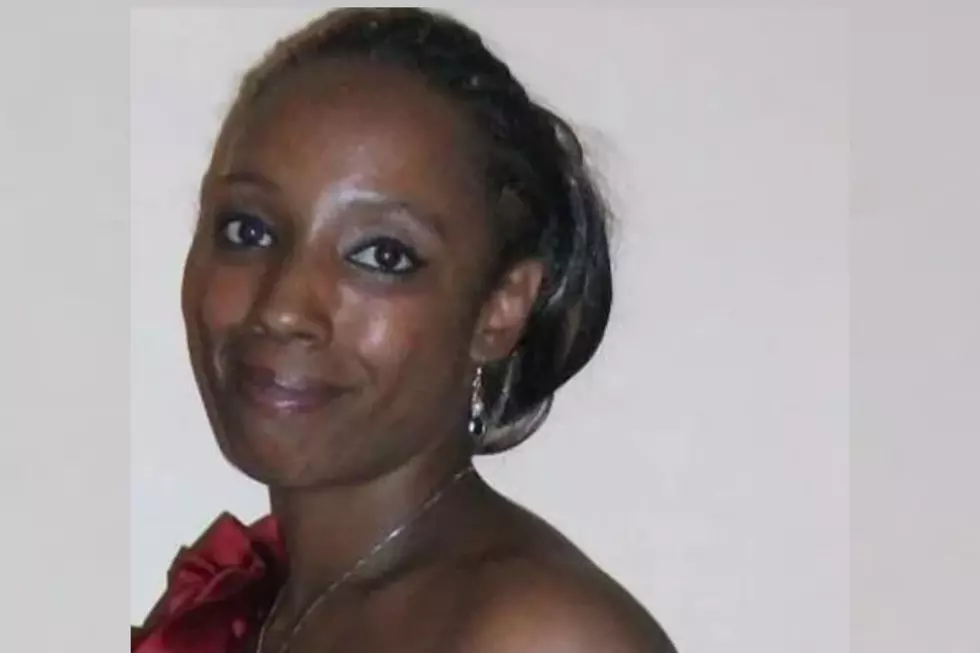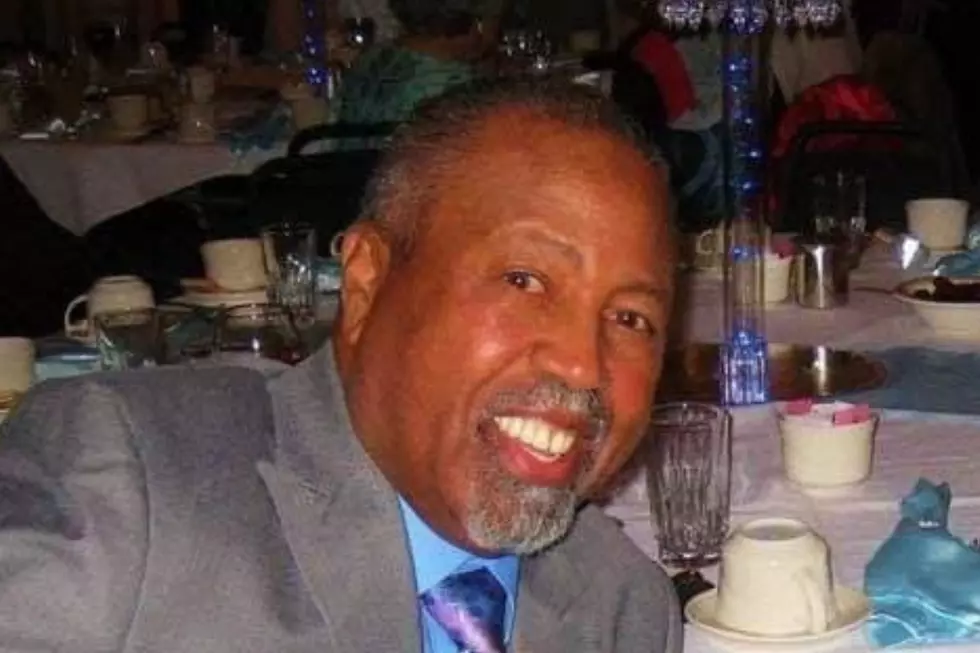
New Bedford Charter School Expansion Bill Blocked in House
STATE HOUSE, BOSTON — A bill state education officials want to see passed by the end of the month to execute a deal between New Bedford and a charter school in that city hit a speed bump Thursday in the House of Representatives and could face a rocky path ahead with some representatives wanting a larger debate.
The bill, a home rule petition approved on an 8-2 vote in late April by the New Bedford City Council, surfaced in the House for the first time on Thursday with about a dozen representatives in the chamber. Rep. James Hawkins doubted the presence of a quorum, forcing the House to adjourn because a quorum of lawmakers was not present.
The bill has been before the Rules Committee, which on Thursday recommended it be sent to the Education Committee. Hawkins, an Attleboro Democrat, said afterward he blocked the move "because it's a charter school issue."
"It's changing the rules around charter schools," Hawkins, a retired math teacher and former district coordinator for the Massachusetts Teachers Association, told the News Service. "I think it should be a discussion among everybody."
The bill, filed by Rep. Christopher Markey of Dartmouth, grew out of a charter school expansion plan the Board of Elementary and Secondary Education approved in January. At the time, Education Commissioner Jeff Riley called the deal between New Bedford and the Alma del Mar Charter School "a hopeful and important proof point for the commonwealth" and said all students can be served better "if local leaders can mutually agree to shape elements of a charter proposal."
The deal would allow Alma del Mar to open a new campus at a former city elementary school property that would ultimately serve 450 more students in grades K-8. Instead of the traditional citywide charter enrollment lottery, New Bedford Public Schools would create a neighborhood zone from which students would be drawn for the new campus.
The education board also approved a backup plan that would allow Alma del Mar to expand to 594 new seats, with lottery enrollment, if implementation details were not agreed to and the legislation does not pass.
On Tuesday, Riley told the Board of Elementary and Secondary Education that he's been hearing "positive communication" from Beacon Hill and hoped to have a decision "one way or another" by the end of the month.
Charter school issues are controversial on Beacon Hill, with some school district budgets squeezed by the loss of students and the associated funding moving to charters as some parents and students seek alternatives to what their district schools offer.
In 2016, a $45 million charter expansion ballot fight that attracted national attention and divided the state's top political figures ended with voters shooting down a question that would have allowed state officials to authorize up to 12 new charter schools or expansions per year, with priority given to lower-performing districts and those with higher demand for charters.
Earlier that same year after Beacon Hill talks on a charter school bill faltered, House Speaker Robert DeLeo said he regretted that the issue hadn't been resolved in the Legislature. A supporter of charter expansion, DeLeo said at the time, "I just want to give every child, no matter where they're from, the best education that they can. That's why I was so strongly disappointed that under what had happened we could not be giving those children those opportunities."
The Alma del Mar bill (HD 4174) would allow the New Bedford School Committee to establish a neighborhood zone for the new Alma del Mar Campus and to transfer custody of the Shawmut Avenue property to the charter school.
The bill was filed May 2 by Markey and Westport Rep. Paul Schmid, who each represent portions of New Bedford. Reps. Antonio Cabral and Christopher Hendricks, who are from New Bedford, and Mattapoisett Rep. William Straus, whose district includes three precincts in the city, did not sign on to it.
Earlier this week, Markey described the deal between the school and the city as "a fair resolution to a matter that could have gotten a lot worse" and said he thinks there's a need "to satisfy the agreement and to make sure that students in New Bedford know where they're going to be going to school next year."
Cabral told the News Service Thursday afternoon that he does not "support the legislation as it is written right now." He said anyone who wants to change the way charter schools are approached "ought to submit general legislation to be deliberated and debated in the Legislature."
"This is an attempt to change by exempting a particular community, therefore implementing a change that can have statewide ramifications because charter school statute is a statewide statute that applies to every community," Cabral said in an interview. "If that's what they want to introduce, then they should be upfront and they should file legislation. They should not use a particular community as a laboratory to implement something that they would like to have going forward. I don't think it's fair to the parents and to the kids of my community."
Lawmakers are expecting to embark on a broader school funding reform debate this year, and several proposals to rework the charter school reimbursement formula have been offered as part of that discussion. Cabral is the sponsor of a charter finance bill (H 418).
Cabral was one of the lawmakers present at the outset of Thursday's House session, and he left the chamber shortly before Rep. Paul Donato, who was presiding, introduced Markey's bill. Donato had said the Rules Committee, which has had custody of the bill since May 13, recommended it be referred to the Education Committee.
Before the bill came up, Cabral had been standing and conversing with other lawmakers in the chamber, including Hawkins and Rep. Tami Gouveia. Asked later in the day if he plans to block the bill from moving forward, Cabral did not directly answer and noted he hadn't been in the chamber when it came up in Thursday's session.
He said Hawkins' move "shows that this is an issue that is beyond a community," and that the bill "will follow its course, whatever course it will take."
Gouveia, an Acton Democrat who said she's against charter school expansion, said she's concerned about setting a precedent with the bill and said the legislation "may be a back door to expanding charter schools, which we know Question 2 went down, we know that's not what the people in Massachusetts wanted."
"This is a question around charter schools which come before the whole body," said Gouveia. "We should have a much more engaging, thoughtful discussion. We're not seeing this as simply a home rule petition kind of issue that's only relative to New Bedford."
Gouveia said she looked forward to debating a broader education financing and reform bill that's still being worked on in the Education Committee. Charter school funding issues, she said, are part of a larger debate over "income inequality and inequities that we have in our educational system."
She said she expected lawmakers to take up education funding legislation "later on in the session, in maybe another month or two."
--Katie Lannan with Michael P. Norton contributing, State House News Service
More From WFHN-FM/FUN 107









